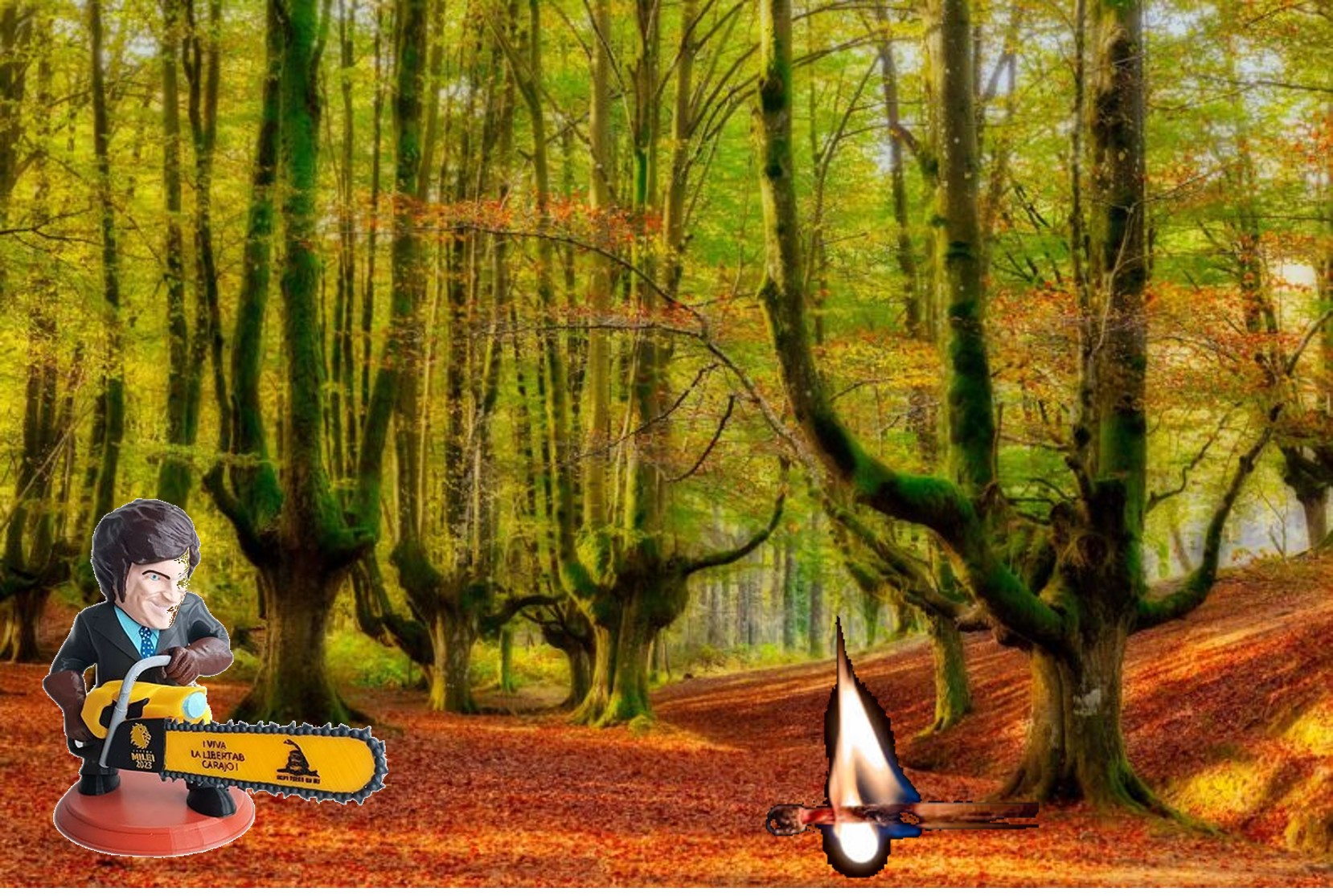Mobile phones cost children
- It is very important to ban mobile phones for minors, and this is the time to fight for it.
Would you give a kick to a 12-year-old? Can a 15-year-old girl drive a car? Do you think it reasonable to vote with eleven years? Are you going to give a cigarette to a 14-year-old boy? Would you see with good eyes that your 13-year-old daughter is consuming MDMA? Although all these questions are merely sensationalism, they are not far from the problem of children’s relationships with mobiles today. Because it's absolutely normal to buy an artifact with the power of a computer when they're very small. Located in the logic of the market, upon reaching high school, at approximately 12 years old, it has become normal to give a mobile to children. Two are the main reasons behind this decision: the fear of staying out of the group and the need for socialization. However, there is also the comfort of parents.
The consequences of mobiles, screens in general, in children and minors are well known: lack of concentration, excessive stimulation, misconception of reality, difficulties to develop social relations, psychological problems. In addition, it offers facilities to access inappropriate content such as pornography, severe violence (including rape), machistan models, non-educational models. Heteronormative order of a hypersexual society, predominance of savage and irresponsible consumerism and unlimited violence. In general, an educational system and a whole system of values that can fight very hard for the work of parents, which goes directly against the autonomy of children and the critical voice.
For the economic structure of capitalism, it's very profitable for our children to rely on screens.
In addition to psychological health, there are deeper reasons to protect minors from mobiles, often ignored: the profitability of capitalism is at stake in the relationship that children create with technology. In the twenty-first century, social interaction is one of the main sources of wealth generation, social relationships, content embedded in networks, photographs, the imaginary we generate in free time, all of which generates value today. Therefore, there is an enormous interest in minors having little autonomy in the management of their mobiles.
The economic infrastructure is very hard: for the economic structure of capitalism it is very profitable for our children to depend on screens, making public their relations, desires, problems and sorrows, which will generate huge economic benefits to companies. Mobile phones make children more profitable, as the fact that poor staff are glued to screens causes fewer social conflicts. High-level staff in Silicon Valley know that children's cognitive development occurs without screens.
There are people who are aware of this. In recent weeks, since Catalonia, numerous groups of parents are being organized to request the use of mobile phone regulations for minors. However, the Spanish Minister of Education quickly said that it was impossible to set limits to the sea. This liberal distrust and pragmatism had a rapid response to Congress, pointing out that they will drive the popular legislative initiative. As a result, at the beginning of December, the Ministry launched a proposal to communities to ban the use of mobile phones in schools in primary and secondary schools. This first proposal is not enough: the regulation and the strength of the proposal will be decisive.
The real conflict is now beginning, when we need to deepen the political debate and decide between the interests of the mobile industry and the rights of minors. That is why it is very important to ban mobile phones for minors, and this is the time to fight for it. The limits are harsh, because the industry will not give in easily, but behind this defence of children and children there is a major objective: to guarantee the autonomy of children in as many years as possible.
Nerea Fillat
Bidali zure iritzi artikuluak iritzia@argia.eus helbide elektronikora
ARGIAk ez du zertan bat etorri artikuluen edukiarekin. Idatzien gehienezko luzera 4.500 karakterekoa da (espazioak barne). Idazkera aldetik gutxieneko zuzentasun bat beharrezkoa da: batetik, ARGIAk ezin du hartu zuzenketa sakona egiteko lanik; bestetik, egitekotan edukia nahi gabe aldatzeko arriskua dago. ARGIAk azaleko zuzenketak edo moldaketak egingo dizkie artikuluei, behar izanez gero.
A few weeks ago, the President of the European Union, Ursula von der Leyen, reported on the need for military spending of eight hundred billion euros. This expenditure is said to be in response to a military threat to which Europe is exposed, and it has been confirmed that there... [+]
“Even with all the shortcomings, the unions have done more for humanity than any other human organization that has ever existed. They have contributed more to dignity, honesty, education, collective well-being and human development than any other association of people.” ... [+]
You may not know who Donald Berwick is, or why I mention him in the title of the article. The same is true, it is evident, for most of those who are participating in the current Health Pact. They don’t know what Berwick’s Triple Objective is, much less the Quadruple... [+]
The article La motosierra puede ser tentadora, written in recent days by the lawyer Larraitz Ugarte, has played an important role in a wide sector. It puts on the table some common situations within the public administration, including inefficiency, lack of responsibility and... [+]
Is it important to use a language correctly? To what extent is it so necessary to master grammar or to have a broad vocabulary? I’ve always heard the importance of language, but after thinking about it, I came to a conclusion. Thinking often involves this; reaching some... [+]
The other day I went to a place I hadn’t visited in a long time and I liked it so much. While I was there, I felt at ease and thought: this is my favorite place. Amulet, amulet, amulet; the word turns and turns on the way home. Curiosity led me to look for it in Elhuyar and it... [+]
Adolescents and young people, throughout their academic career, will receive guidance on everything and the profession for studies that will help them more than once. They should be offered guidance, as they are often full of doubts whenever they need to make important... [+]
We have had to endure another attack on our language by the Department of Education of the Government of Navarre; we have been forced to make an anti-Basque change in the PAI program. In recent years, by law, new Model D schools have had to introduce the PAI program and have had... [+]
Public education teachers have the need and the right to update and improve the work agreement that has not been renewed in fifteen years. For this, we should be immersed in a real negotiation, but the reality is deplorable. In a negotiation, the agreement of all parties must be... [+]











